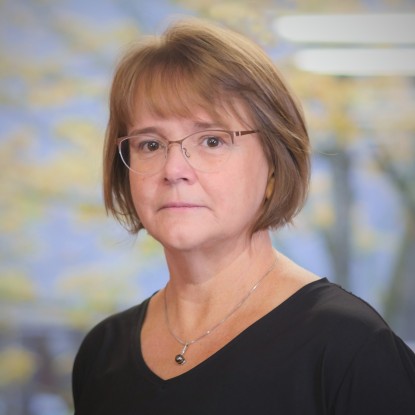Originating from two LOEWE-funded collaborative projects “CompuGene” and “iNAPO”, the newly founded Centre for Synthetic Biology integrates expertise from the Departments of Biology, Chemistry, Electrical and Mechanical Engineering, Information Technology, Material Sciences and even the Social Sciences. This composition shapes a unique Synthetic Biology research environment.
Synthetic biology can be defined as the engineering of living, biological systems with new, predictable and well-defined molecular functionalities. In comparison to traditional biotechnology, Synthetic Biology specifically promotes the application of engineering principles to biology. It aims at assembling biological systems from individual, well-characterized and standardized molecular components that – together – are capable of executing a pre-defined function. By harnessing the design-build-test-learn circle common to engineering, Synthetic Biology not only advances our understanding of basic principles of live, but also enables the creation of new biological systems that are useful for mankind.
To this end, state-of-the-art methods are applied at the Department of Biology, ranging from advanced molecular biology methods such as large-scale DNA synthesis and assembly, CRISPR/Cas-mediated genome editing and directed evolution to optogenetics, microfluidics as well as mathematical modeling and computation. The engineering of new biological systems is realized at different levels, ranging from single molecules, to entire cells and organs. Examples include the design of RNA molecules or proteins that function as biological sensors, the development and characterization of complex genetic circuits, the implementation of novel biosynthetic pathways for biotechnological production up to the design of artificial chromosomes and organs.
A centrally accessible robotics platform integrating automated liquid handling and advanced measurement technologies enables the characterization of molecular components in high-throughput and with minimum human intervention. The platform is part of the “Global Biofoundries Alliance”, a network of internationally leading research sites in the field of Synthetic Biology.
PIs @ Department of Biology
| Prof. Dr. Kay Hamacher | Mathematical modeling and data analytics |
| Prof. Dr. Ralf Kaldenhoff | Applied plant sciences |
| Prof. Dr. Bodo Laube | Neurophysiology and neurosensory systems |
| Prof. Dr. Ulrike A. Nuber | Stem cell and developmental biology |
| Prof. Dr. Jörg Simon | Microbial energy conversion & biotechnology |
| Prof. Dr. Viktor Stein | Protein Engineering: Biosensing and Transport |
| Prof. Dr. Beatrix Suess | Synthetic RNA biology |
| Prof. Dr. Gerhard Thiel | Plant membrane biophysics |
| Prof. Dr. Torsten Waldminghaus | Molecular microbiology |
| Prof. Dr. Heribert Warzecha | Plant biotechnology & metabolic engineering |



